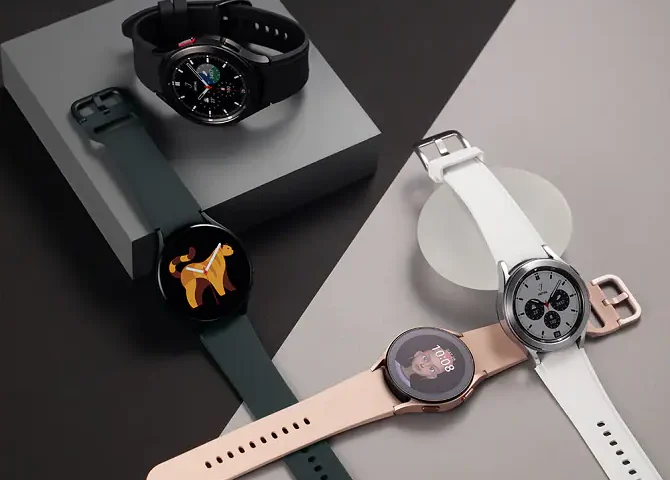Introduction: The Emergence of Wear OS

Introduction: The Rise of the Apple Watch
May 25, 2024
Introduction: Meet Siri, Your Trusted Digital Assistant
May 25, 2024Introduction: The Emergence of Wear OS
In the dynamic landscape of wearable technology, Wear OS stands as a prominent player, offering users a versatile platform for accessing information, staying connected, and monitoring their health and fitness. Developed by Google, Wear OS has evolved over the years to become a comprehensive ecosystem that powers a diverse range of smartwatches and wearables. In this blog, we delve into the world of Wear OS, tracing its evolution, features, and the impact it has had on the wearable technology market.
Thank you for reading this post, don't forget to subscribe!A Brief History of Wear OS
Origins and Development
Wear OS traces its origins back to 2014 when Google introduced Android Wear, its first foray into the world of wearable operating systems. Over the years, Android Wear evolved into Wear OS, with Google refining the platform and expanding its capabilities to meet the growing demands of consumers and developers alike.
Collaborations and Partnerships
Throughout its development, Wear OS has benefited from collaborations and partnerships with leading technology companies and watch manufacturers. From fashion brands to tech giants, Wear OS has become the platform of choice for a diverse range of smartwatches, offering users a wide selection of devices to choose from.
Key Features and Functionalities
Seamless Integration with Android
One of the key strengths of Wear OS lies in its seamless integration with the Android ecosystem. Wear OS devices sync seamlessly with Android smartphones, allowing users to access notifications, messages, and apps directly from their wrist. With Google Assistant integration, users can also perform voice commands and control their devices with ease.
Health and Fitness Tracking
Wear OS offers robust health and fitness tracking features, empowering users to monitor their activity, track their workouts, and stay motivated to lead a healthier lifestyle. From step tracking to heart rate monitoring, Wear OS devices provide users with valuable insights into their health and well-being, helping them make informed decisions about their fitness goals.
Customization and Personalization
Wear OS provides users with a high degree of customization and personalization options, allowing them to tailor their devices to their individual preferences and styles. From customizable watch faces to interchangeable bands and straps, Wear OS devices offer endless possibilities for users to express themselves and make their devices uniquely their own.
The Future of Wearable Technology
Continued Innovation and Advancement
As technology continues to evolve, the future of wearable technology looks promising, with Wear OS poised to play a central role in driving innovation and advancement in this space. With ongoing advancements in health monitoring, communication, and connectivity, Wear OS is well-positioned to continue redefining the way we interact with our devices and live our lives.
Integration and Interoperability
Looking ahead, Wear OS is expected to become even more deeply integrated into the broader ecosystem of connected devices and services. From seamless integration with smartphones and smart home devices to interoperability with third-party apps and services, Wear OS will continue to serve as a central hub for all aspects of modern living.
Conclusion: Embracing the Future of Wearable Technology
In conclusion, Wear OS has emerged as a transformative force in the world of wearable technology, offering users a versatile platform for accessing information, staying connected, and monitoring their health and fitness. With its seamless integration with Android, robust health and fitness tracking features, and high degree of customization, Wear OS has become an essential companion for millions of users around the world.
As we look to the future, Wear OS is poised to continue pushing the boundaries of what’s possible in wearable technology, inspiring us to imagine, create, and explore new possibilities in the ever-evolving world of connected devices.
For more information: www.ecbinternational.com


